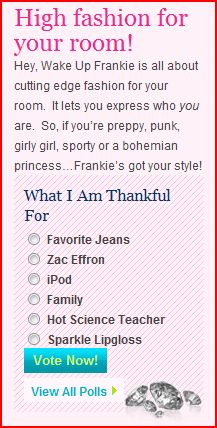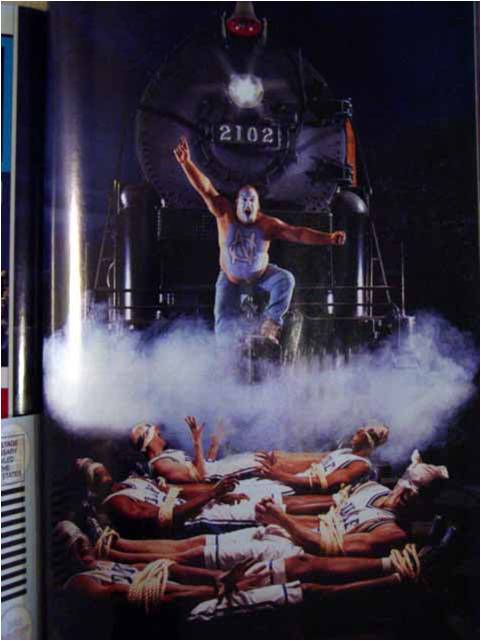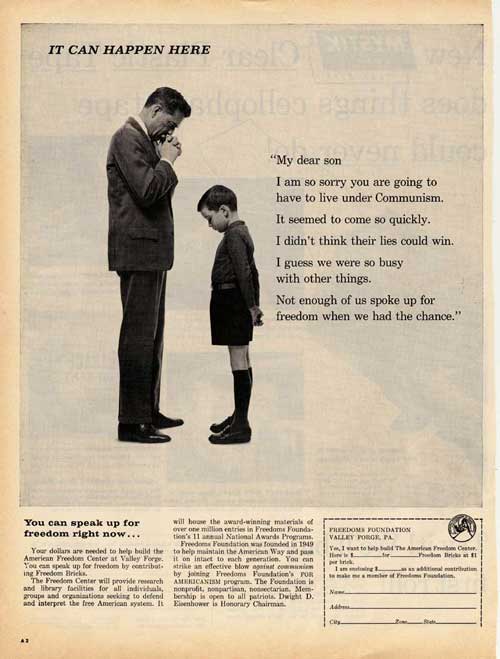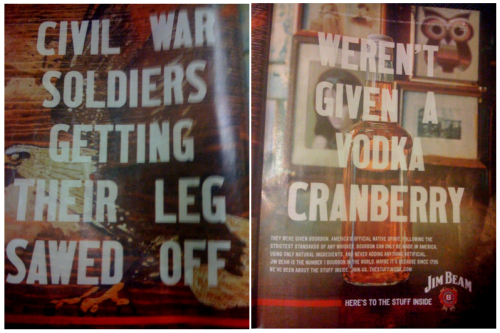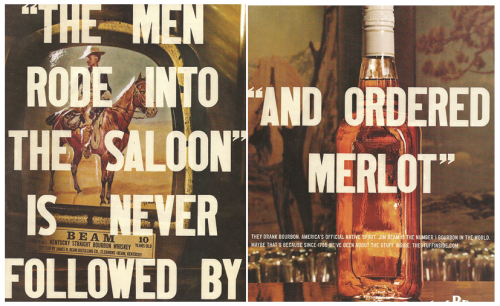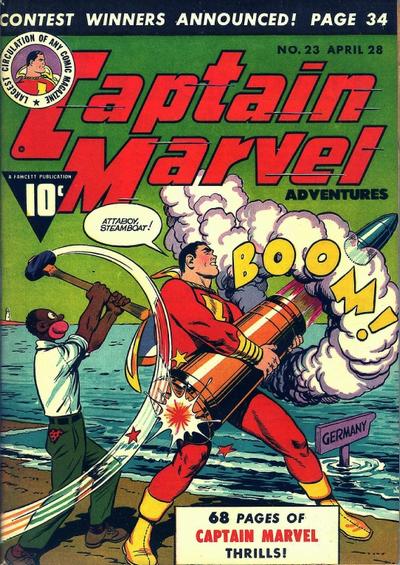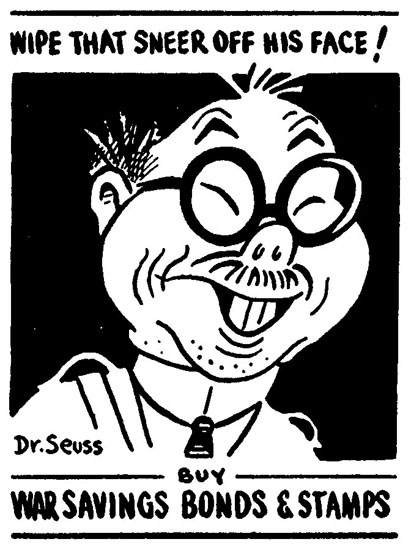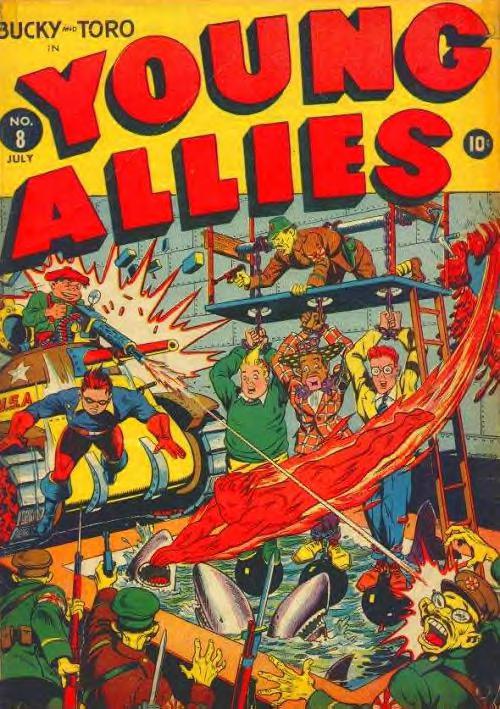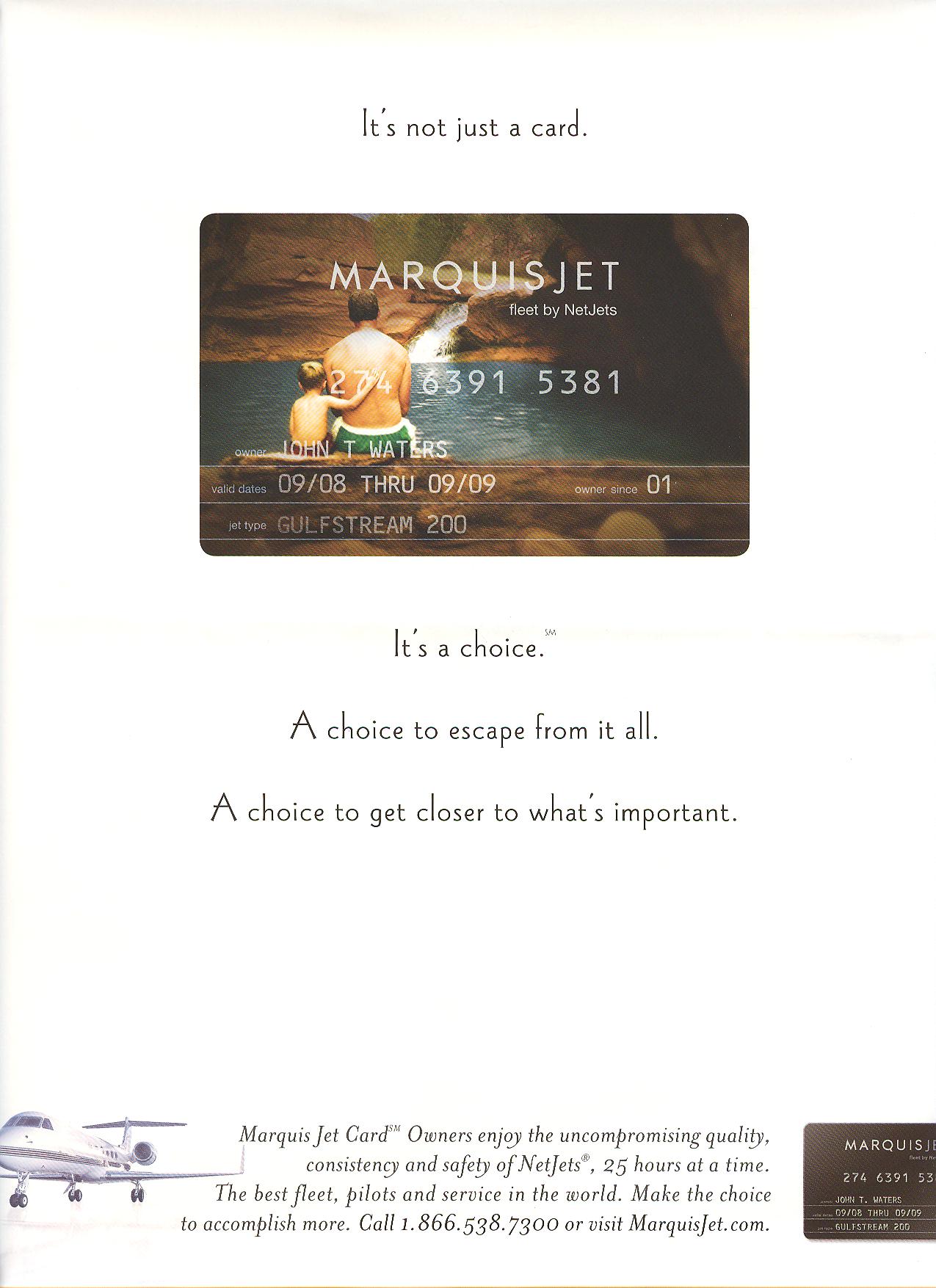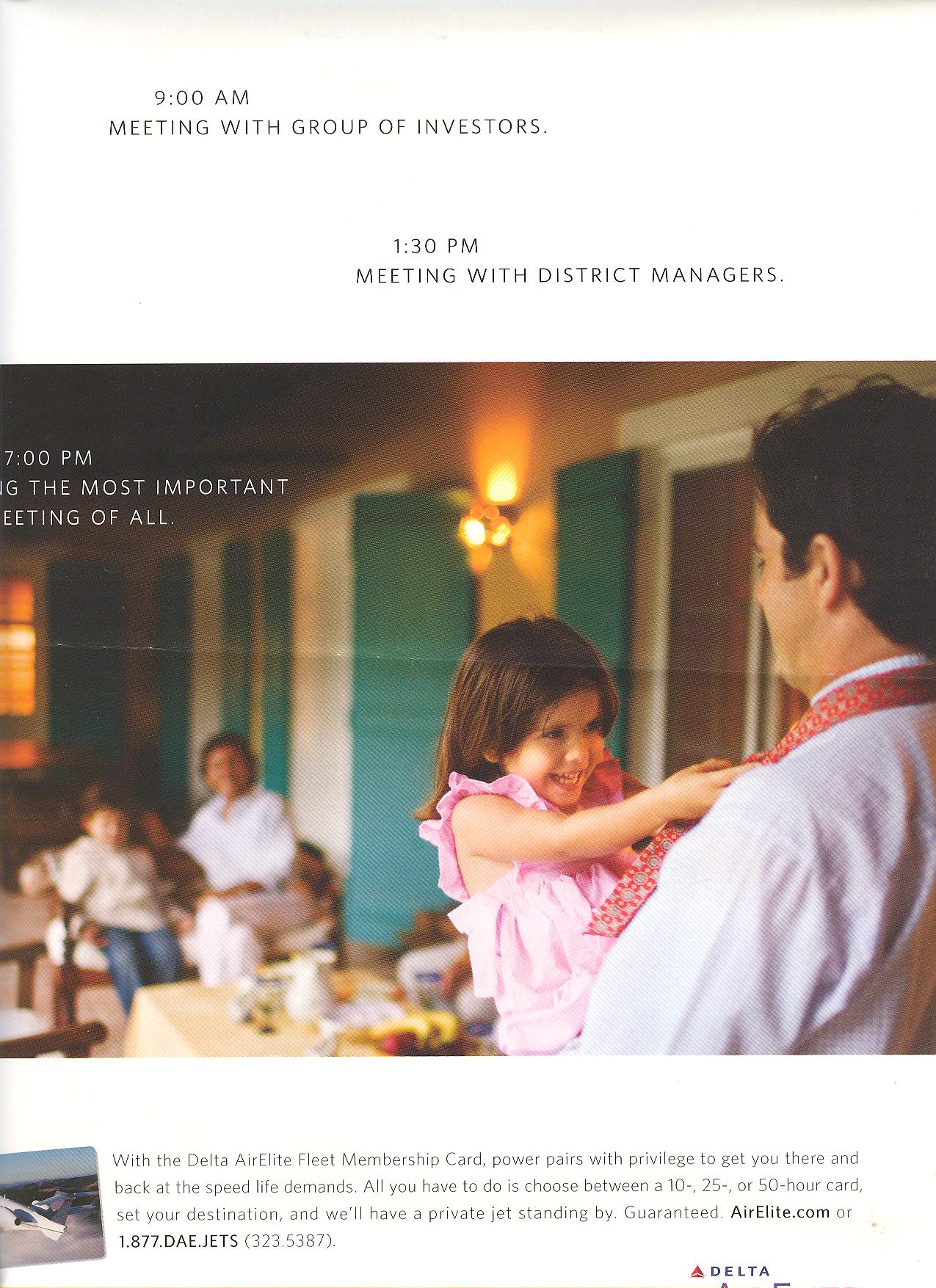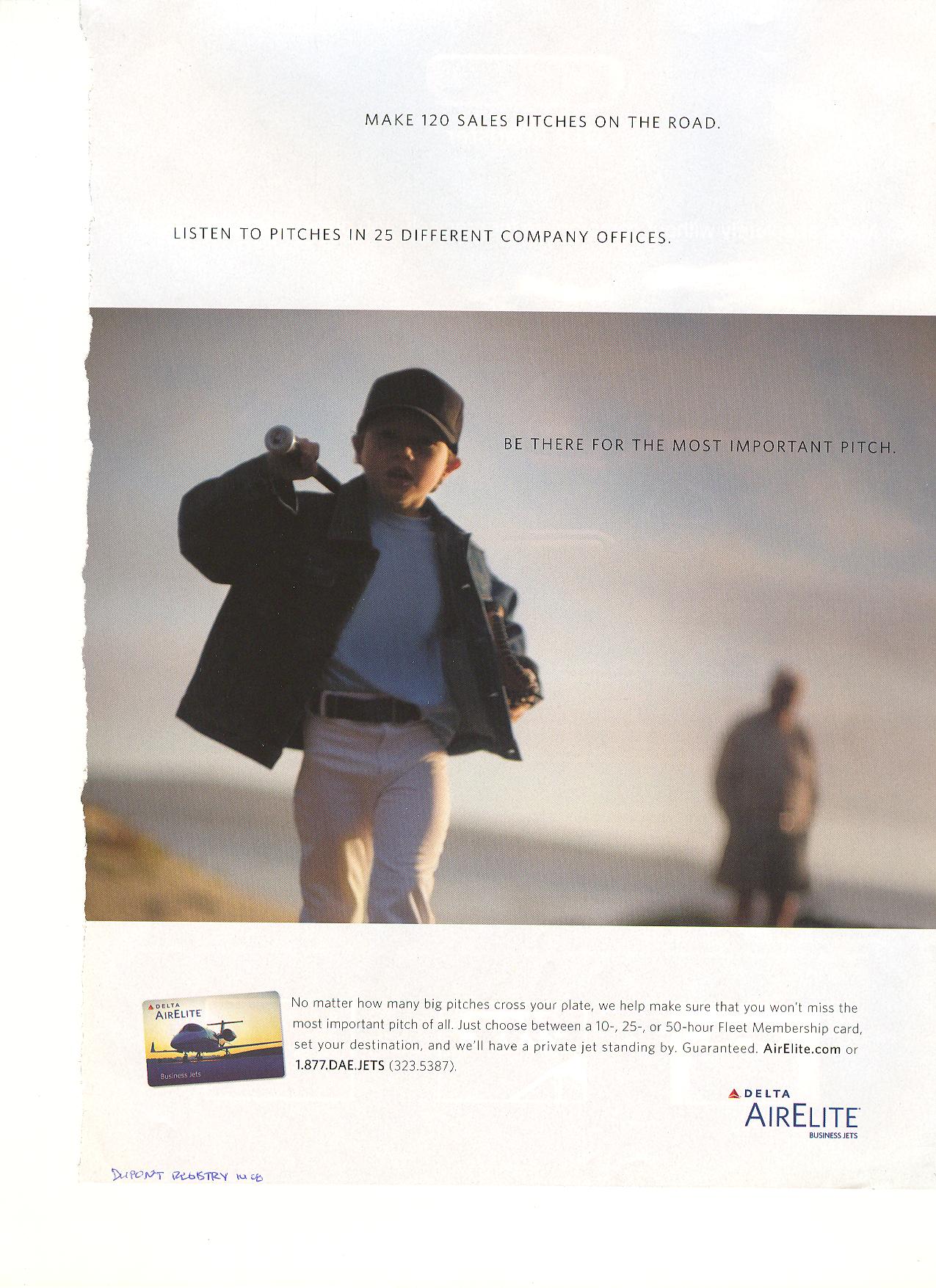The belief that men and women are “opposite sexes” doesn’t come out of thin air. It doesn’t, very often, come out of our life experience either, as most people most of us know are not living stereotypes. No, in fact we are TOLD that men and women are “opposite sexes” constantly. Consider this submission from Andrea G.:
You can now buy One-A-Day vitamins for teens, boy and girl teens that is (and in case you can’t tell which one is which, they’re color-coded). According to Women’s Health News, the vitamins “for him” have more magnesium and the vitamins “for her” have more calcium and iron.

(1) Notice the obnoxious invisibility of dad (my emphasis):
Did you know there are gender specific teen multivitamins to address the top health concerns of moms and teens?
This is annoying, of course, because it reproduces the idea that dads don’t care about or aren’t paying attention to their kids. But it’s also kind of ridiculous because, as long as we’re going by stereotypes, if there’s one social group less concerned with health than men, it’s teenagers.
(2) I will leave aside whether teenaged female and male bodies are so dramatically different that they need different vitamins and minerals (I am not convinced), and instead just point out that One-A-Day has gendered what vitamins are for. Check out the first bullet point in the close-up (in case you can’t tell which is which, the “For Him” is in block letters with stripes across his torso and the “For Her” is in cursive with spirally curves):

So boys need vitamins for muscles and girls need vitamins for clear skin?
I bet these vitamins will sell like hotcakes.
Thanks Andrea!


